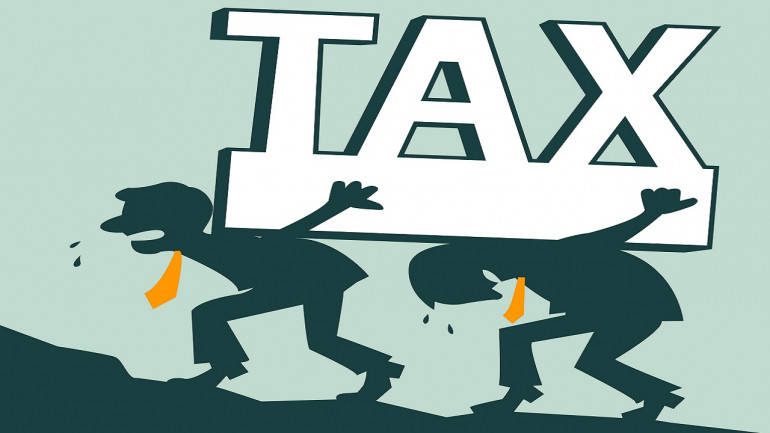
Moneycontrol Research
The market lost Rs 2.74 lakh crore so that government could earn Rs 20,000 crore by the end of the year. Re-introducing long-term capital gains (LTCG) is the single biggest reason that the BSE Sensex has fallen by over 500 points.
But is LTCG really that bad?
Nobody likes paying taxes, irrespective of their stature in society. In fact, it’s the upper class that generally resorts to tax avoidance.The rationale behind introducing this tax as explained by the finance minister was that a large portion of the investment in the market was done by corporates and LLP entities. Rather than investing in the economy to create assets, these companies were betting on the market and making money out of it. In the budget speech, the finance minister said that the total amount of exempted capital gains from listed shares and units is around Rs 3,67,000 crore for the assessment year 2017-18.
That is a weird reason to impose a tax. A businessman will make money where there is the opportunity. Markets were giving him that opportunity and they capitalized on it. Tomorrow if they feel returns will be better by setting up a manufacturing unit, they would go ahead and do it. It is not government’s job to force someone to start a business.
Nonetheless, the wording on LTCG in the speech and the fine print has given a reason for many investors to book profit. Since LTCG will be applicable from April 1, 2018, there is a window available to book profit and get away without paying taxes.
Many tax-averse investors who came into the market were in the post-demonetisation era. As equity and mutual fund investments were not taxed on a long-term basis, such investors felt comfortable in investing in the markets. This money has already started running to the door.So have some of the portfolio management schemes who had raised money from their high net worth client showcasing the tax efficient mode of investment.
But is LTCG really that bad that one should avoid the markets?
First of all India is not the only country to have LTCG: most of the other countries already have LTCG in place. India already had LTCG till 2004. However, when an investor makes a call on where to invest he takes into account the tax implication. From an investor’s point of view the returns have fallen by 10 percent overnight with the imposition of the tax.
But despite this tax, there are few avenues available which can give the returns that an equity market can. India is at the cusp of a strong recovery. December quarter numbers and management commentary are already talking of a strong recovery. The imposition of LTCG does not change the ground reality in any way.Ironically some investors do not mind paying a 10-30 percent tax on a 6.5 percent return generating fixed deposit but are crying hoarse on a 10 percent tax on an instrument with a much superior return.
For the really serious medium-term investors the tax would have an impact, but then if he is an investor who chases returns there is no better instrument than equity. The grandfathering clause in the budget has given him the protection that his returns until January 31, 2018, are protected.It is in government’s interest that markets are strong so that long-term capital gains can be collected. One way of looking at LTCG is that government has aligned its interest with the investors in its pursuit of returns, only if the markets grow will the government collect taxes.
Shishir Asthana
No comments:
Post a Comment